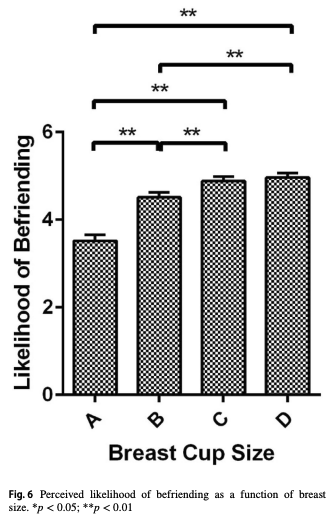Over there on Reddit, there is a subreddit called r/evolution for the discussion of evolutionary questions and issues. There is now consideration of a rule to clarify their stance on evolutionary psychology. It’s a good one.
As you know, the moderator team has been considering the possibility of new rules to help improve things around here. And of course, we wanted to get the community’s feedback on the matter before we pulled the trigger. Please, just remember to voice your disagreements peacefully.
- Rule #X: Evolutionary Psychology. The moderation team takes the stance that evolutionary psychology is pseudoscience. Like any pseudoscience, it starts with a conclusion rather than drawing that conclusion from data; it also tends to ignore or even demonize other fields of science that already provide information about the topics it addresses; and tends to boil personal behaviors and preferences (as well as complicated sociocultural and developmental phenomena) down to a handful of terms it uses as buzzwords to craft adaptationist/bioessentialist just-so stories that are often untested, untestable, or even wildly incorrect. It’s also frequently used to justify everything from preexisting biases all the way to dehumanizing rhetoric. These posts also tend to attract a lot of baseless speculation and experts on these topics are often drowned out by negativity and downvotes, all of which is antithetical to the climate we’re trying to cultivate.
- Please note that while we discourage evolutionary psychology and pseudoscience in general, simply asking questions about the evolutionary basis for certain human behaviors or cognitive traits isn’t necessarily an issue: there are legitimate scientists in various fields (eg, anthropology, especially evolutionary anthropology, ethnography, behavioral genetics, etc), who study these topics with proper, physical data, and so there is information out there. However, if we feel that a question is better suited for other academics (eg, regular psychologists, historians, sociologists, philosophers, etc), if things start getting pseudoscientific, or if certain lines are crossed, we may choose to intervene.
More pithily, they say the “problem is that evolutionary psychology is science in the same way that Taco Bell is authentic Mexican food.” There is some polite agreement with the statement (I’m not saying anything, because I’d only provide loud impolite agreement) and some polite disagreement. The disagreeable all seem to be quoting Tooby & Cosmides, which to me is just another sign that it’s a cult. EP has existed for decades, and all you’ve got to show for it is a pair of aging, founding authorities and a swarm of lunatics and bad publications? Cut your losses. Treat EP as crackpottery.
As far as I’m concerned, the statement is fair and judicious.








